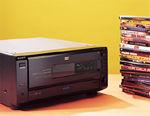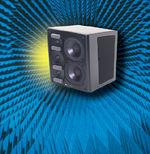LATEST ADDITIONS
|
Apr 30, 2000
|
Apr 28, 2000 |
First Published: Apr 29, 2000
|
Apr 28, 2000 |
First Published: Apr 29, 2000
|
Apr 28, 2000 |
First Published: Apr 29, 2000
|
Apr 28, 2000 |
First Published: Apr 29, 2000








